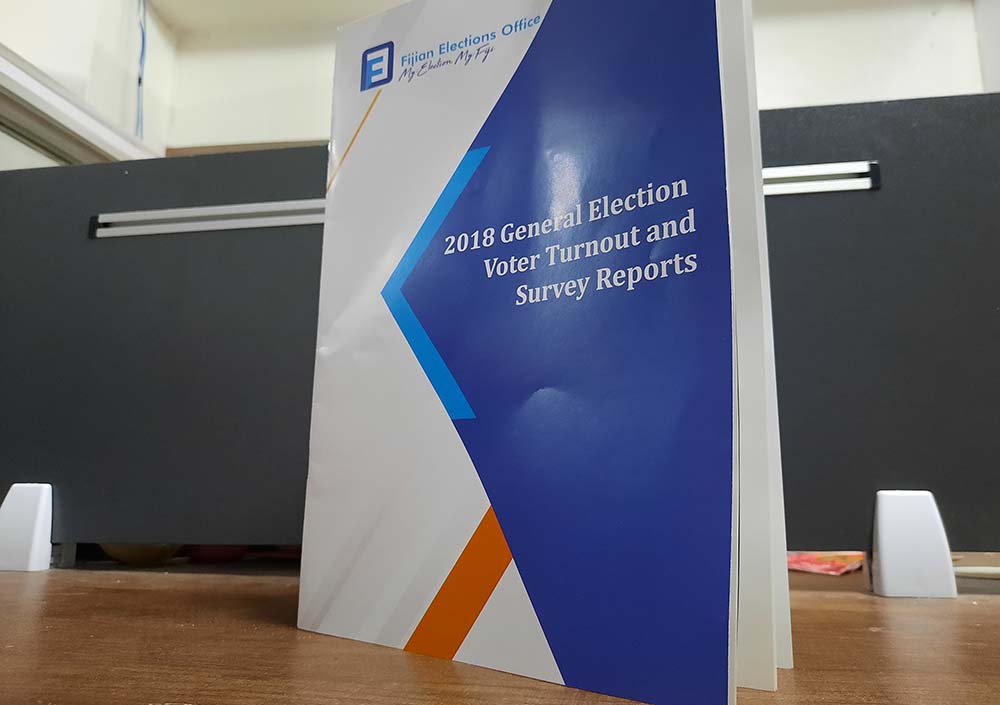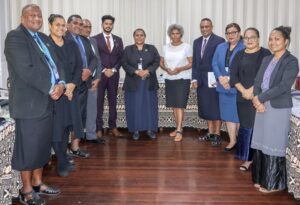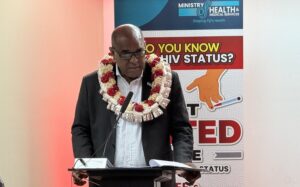More females voted in the 2018 General Elections (GE) than males and voters aged between 21 and 30 years recorded the second-lowest turnout by age, according to the Fijian Elections Office.
In a 50-page 2018 General Election Voter Turnout and Survey Report, outlining their analysis of the 2018 GE results, a first in Fiji’s election history, FEO found that of the 307,079 males that were registered only 220,016 voted compared to 304,571 registered females of which 223,439 turned out to vote.
The same year, the number of women representatives in parliament increased to 10, up by two compared to the 2014 elections.
The FEO suggested that the increase in women participation indicated that polling venues were accessible and that elections were held in a ‘peaceful environment’.
In terms of voter turnout by age, the FEO suggested possible reasons for the low turnout by voters in the 21-30 age cohort who are representative of the budding working class and university students.
“It is likely that they did not update their addresses when they moved back home…they may have taken the double time and continued working on election day…and the third reason could be a lack of interest in voting generally,” the FEO said.
The biggest turnout by age was recorded for voters aged between 51 and 60 years and the least by voters’ aged 81 and above.
Presenting the report today, Supervisor of Elections Mohammed Saneem said it was generated directly from the voter lists of each polling station. The analysis also paved the way for the FEO to carry out a survey to “understand the context and background if the voters, their behavior patterns their experiences from the 2018 General Election and their expectation on election timelines.”
Held over six weeks, beginning 15 September 2020 via fieldwork with the use of a custom-developed voter survey app and analysis of results, the nation-wide survey covering Rotuma as well, received 14,137 responses.









